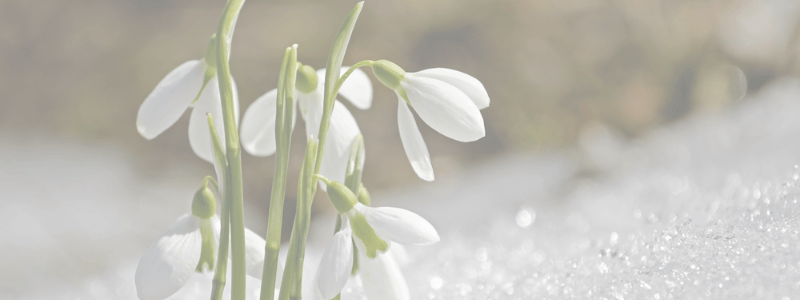Matt Thomas
How not making it through Dry January isn’t a failure – it could just be the best thing that’s ever happened to you.
If you didn't quite make it through Dry January - or fell at one of the first hurdles – don’t worry about it.
Maybe you were raising money for a charity or just felt like you could do with a break from the booze after a heavy Christmas or a heavier 2022. Maybe you were being sober curious and wanted to see what life without alcohol felt like. Or maybe you were doing it to keep family members or friends off your back. Maybe your doctor suggested it could be a good idea. Maybe you were feeling concerned about how much you were drinking, and it was good timing. There are infinite possible reasons you might have decided to give Dry January a go – and none of them means that you have a problem. Nor does not finishing the challenge.
As has been pointed out on many occasions here and elsewhere in the media on the back of a lot of research including our own YouGov polling, alcohol consumption increased drastically during the pandemic and in 2022 as anxiety crept up due to the cost of living crisis. If this happened to you, it doesn't of itself mean that you have a problem.
But. (And it’s a big one.) If you tried Dry January, and you really didn’t take to it – you found you couldn’t make it through the month without a drink, maybe you found you couldn’t make it more than a day without a drink – or more than a few hours - you were uncomfortable with the emotions and feelings that came up, you experienced physical withdrawals, your moods suffered, or you just couldn’t face life without a drink - then maybe it’s time to have an open mind about whether or not there’s something else going on.
The expression “if you want to find out why you drank, stop drinking.” really rings true in this case. Did you accidentally uncover, or remember through trying to stop drinking, why you drank in the first place? There doesn't have to be a definitive and specific reason for drinking to turn problematic, but its widely understood and accepted that it's strongly related not only to physical tolerance and dependence but also to self-soothing and consciously or unconsciously trying to anaesthetise painful feelings - some of which are most likely caused by the consequences of the drinking itself, creating a constant negative feedback loop.
Accepting that you have some kind of a drinking problem is not a weakness or curse. It’s also very well documented and widely accepted that the complex reasons associated with the development of problem drinking are nothing to do with failure of personality. In fact, for millions of people, coming to terms with, and seeking help for problem drinking, has proved to be a blessing – the start of a whole new way of life. But having a drinking problem is still so heavily stigmatised that many people will need to get really unwell – tragically some will even die - before they accept that they need help. And the truth is that it doesn’t have to be that way. You don’t have to reach rock bottom before you accept help.
Sometimes, a small thing such as not making it through Dry January could be the catalyst that someone needs to change their life completely. And maybe that’s you.
It took a certain amount of courage for you to give Dry January a go in the first place. So congratulations for even trying.
The labels other people give us can be harmful and hurtful, and we’ll sometimes do anything to avoid them. But allowing yourself the option to consider if your relationship with alcohol is problematic might just be the kindest thing you could do for yourself and could even save your life.
There are as many paths into recovery from problem drinking as there are people, but none of them can truly start until there is a level of acceptance that a problem might exist. Then the door can be opened.
Our advice page is a good place to start. Call a helpline, or Forward Trust's Reach Out Online Chat to speak to someone who understands and will not judge. You don’t have to do this alone.
Just please remember - not having made it through Dry January isn’t a failure – it could just be the best thing that’s ever happened to you.
Alcohol withdrawal can be a medical emergency. If you or someone you know is experiencing alcohol withdrawal please contact your GP, 111 or 999.
